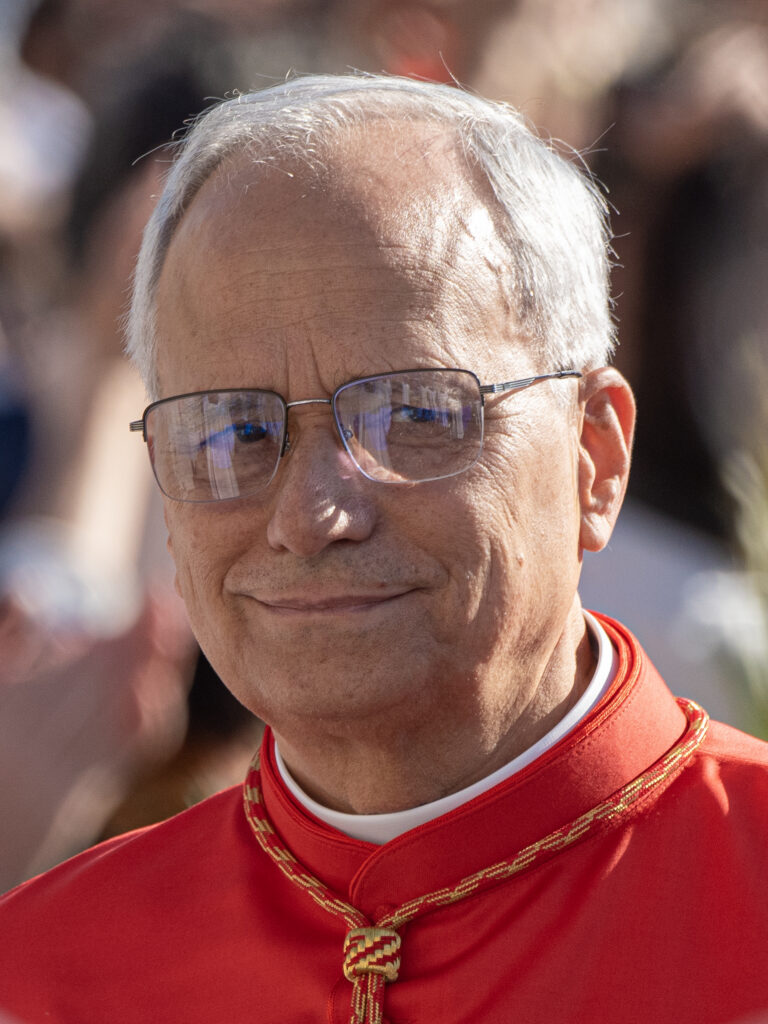The New Pope

Robert Francis Prevost, who was elected the 267th pope of the Roman Catholic Church on Thursday and took the name Pope Leo XIV, is the first pope from the United States.
The decision from the 133 voting cardinals, which arrived in a plume of white smoke at the end of their second day of voting inside the secrecy of the Sistine Chapel, defied longstanding belief that church leaders would never select a pope from a global superpower that already has considerable influence in world affairs.
Taking the name Pope Leo XIV, he shares Francis’ commitment to helping the poor and migrants. He was once the leader of his religious order, the Augustinians, whose members are called to live simply and devote themselves to ministering to those in need.
In his first address as pope to the crowd in St. Peter’s Square, he said in Italian, “We must seek together how to be a missionary church, a church that builds bridges, dialogue, always open to receive like this square with open arms.”
As an American, he is uniquely positioned to stand in contrast to the energized conservative Catholicism in his home country, and has pushed back forcefully against the militant vision of Christian power that the Trump administration has elevated.
Not a Catholic and so can’t comment helpfully on the theological issues, but this seems to be a direct and pointed rebuke of the Trump administration. The Church is by nature a transnational and global institution, both functionally and in mission. The Church depends tremendously on mobility of personnel across borders, not to mention financial transactions. Tariffs and tighter border controls are bad for institutions like this, meaning that they’re bad for the Catholic Church. Moreover, JD Vance’s particular vision of obligation (family, community, nation) really is at tremendous odds with what we might think of as the Church’s comparative advantage; the fact that it touches everywhere all at once and stands (in some senses) above the petty squabbling of secular princes. We’re only two and a half generations away from an America in which Catholics had to answer the kinds of pointed questions about loyalty that are now reserved for Jews and Muslims. The idea that Catholics are (perhaps not rootless) cosmopolitans is in some ways baked into the way the Anglosphere does liberalism, and it is not hard to see the Church hierarchy as seeing Trump and Vance’s “populism” as a significant threat.
So what does electing Leo XIV accomplish? He’s on record (as was his predecessor) as disapproving of Vance specifically, and electing an American with those views would seem to make clear that the Church intends to fight over the direction of American Catholicism. I wouldn’t quite say that it’s getting ready to gamble that American Catholics will love their Pope more than their (vice) President, but I think confrontation is on the menu. In the short term the election of Leo allows Trump to bask in the idea of his singular political and confessional importance and his uniqueness as a messiah figure; “who would have even dreamed of an American pontiff before Trump?”
Add to all of this the fact that a very high percentage of the immigrants and refugees that Trump is trying to deport are Catholic, and it seems clear that the Church felt it needed to take some aggressive steps to manage a new ideological threat. But then I’m not a theologian; I’m merely a humble country international relations professor, so I’m willing to listen to corrections on my thinking.


